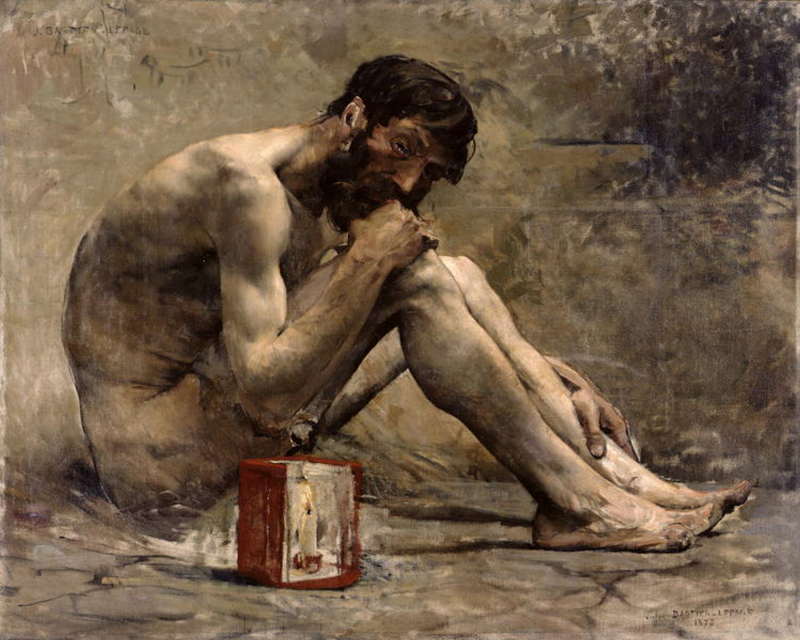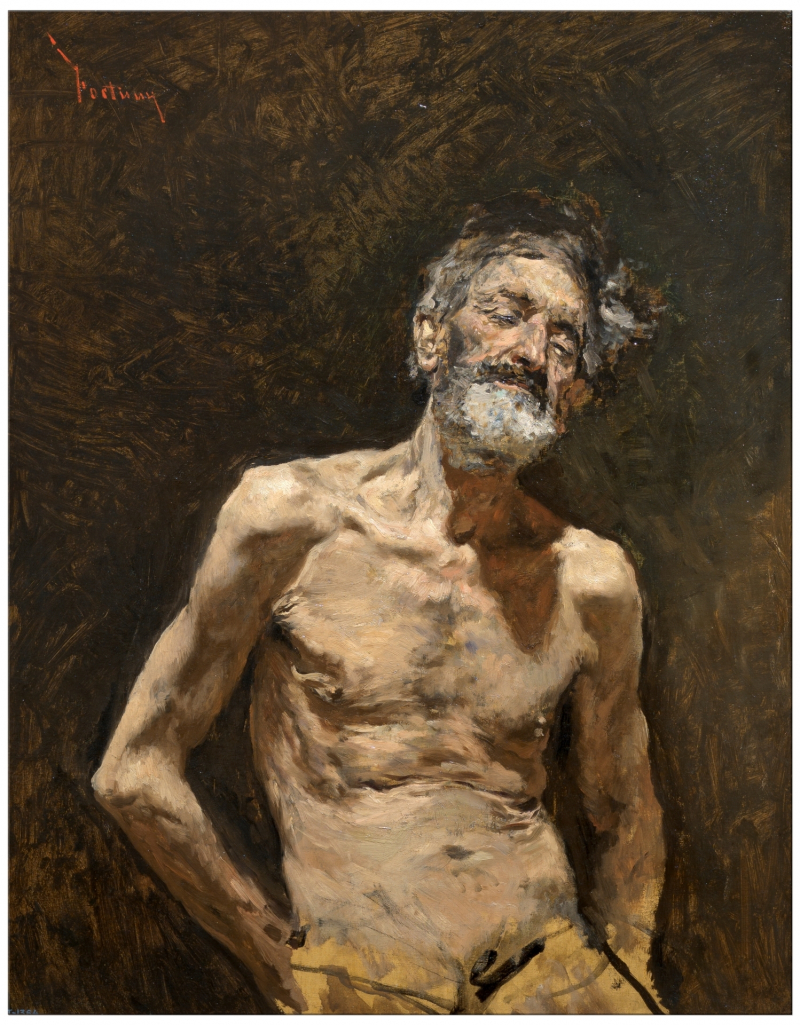Diogenes of Sinope - The Cynic (c. 412 BCE - 323 BCE)

One of the most extreme ancient greek philosophers was Diogenes, the founder of the Cynic school. Diogenes sought a life of virtue under the influence of Socrates. His approaches, meanwhile, were very unlike from those of other philosophers.
Diogenes thought that one may escape politics and social expectations by giving up worldly belongings and committed to an austere life of poverty. He promoted following one's instincts without regard to constrictive societal norms. "He has the most who is best pleased with the least," said Diogenes.
The Cynics, who were frequently made fun of by other ancient Greek philosophers, took their name from the Greek term "kunikos," which means "dog-like." This was accurate in many respects. According to Diogenes, we should behave as though we were animals and let the cycles of nature rule our lives.
However, Diogenes was unconstrained by societal norms and expectations and was unconcerned with what other people thought of his ideas. Famously, Alexander the Great sought out Diogenes and inquired about any favors he might be able to offer. The Cynic just gave the young conqueror a cursory glance before asking him to cease obstructing his sunshine.









